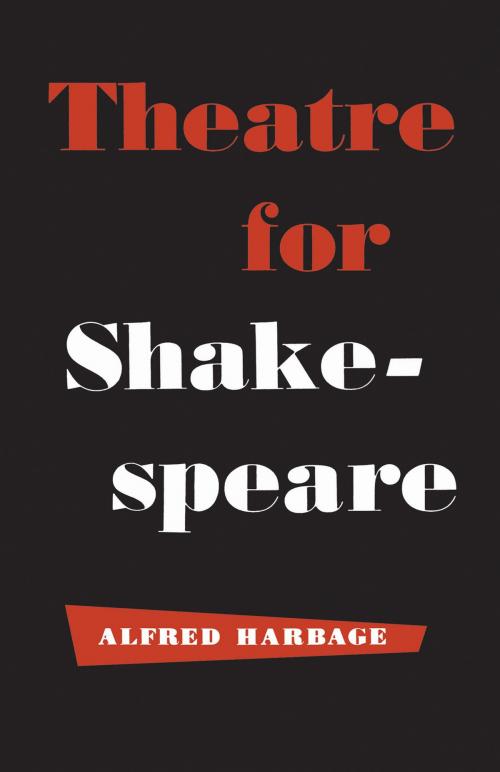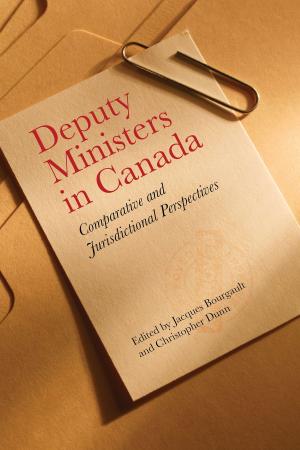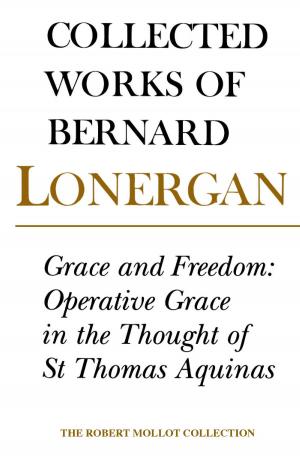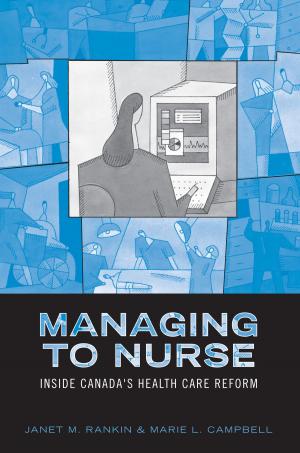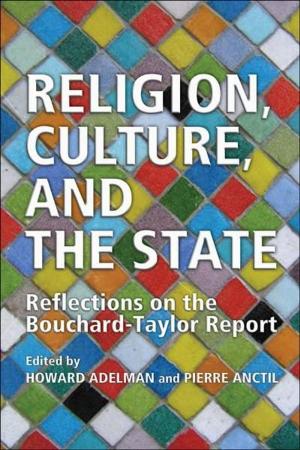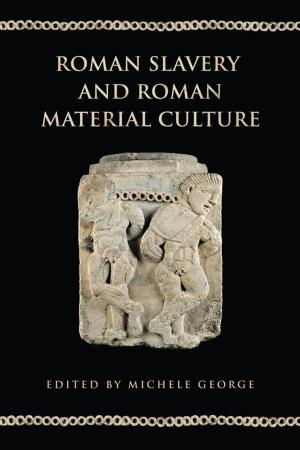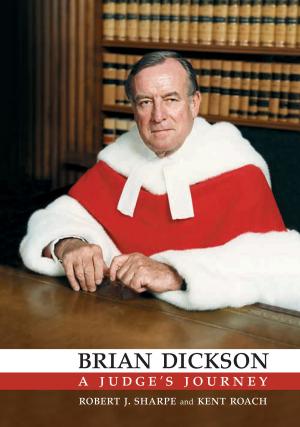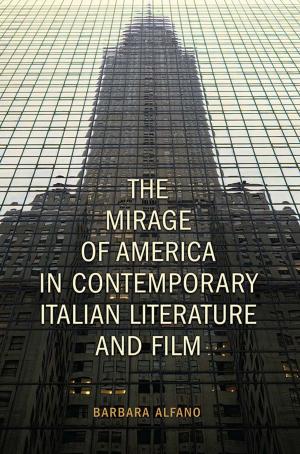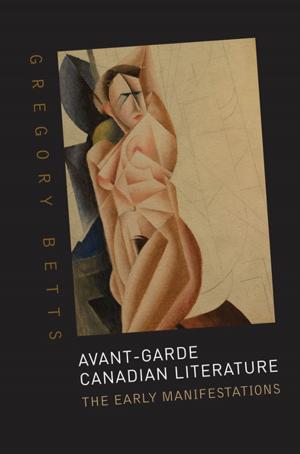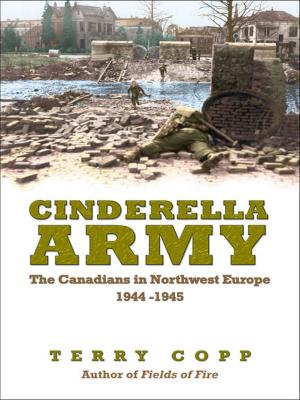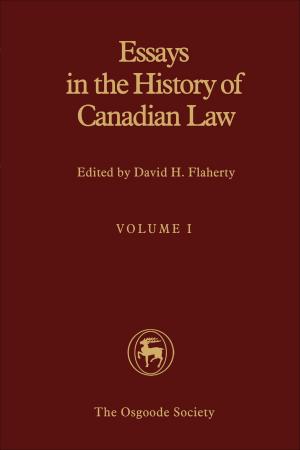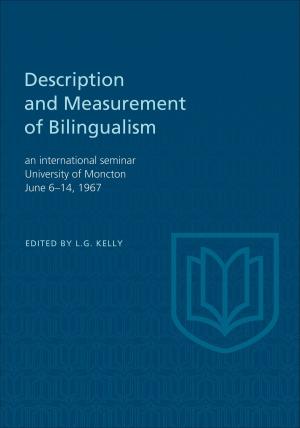Theatre for Shakespeare
Fiction & Literature, Literary Theory & Criticism, British, Nonfiction, Entertainment, Theatre, Performing Arts| Author: | Alfred Harbage | ISBN: | 9781487589714 |
| Publisher: | University of Toronto Press, Scholarly Publishing Division | Publication: | December 15, 1955 |
| Imprint: | Language: | English |
| Author: | Alfred Harbage |
| ISBN: | 9781487589714 |
| Publisher: | University of Toronto Press, Scholarly Publishing Division |
| Publication: | December 15, 1955 |
| Imprint: | |
| Language: | English |
Here is a book to hearten playgoers, stimulate young actors, lead theatrical executives to reconsider methods of management, and encourage benefactors to open their wallets. In this new book (containing the Alexander Lectures for 1954-55), Mr. Harbage, distinguished critic and scholar, advocates a movement to give Shakespeare back to the audiences. He complains that, in greater or less degree, Shakespearean audiences are in constant danger of being bored, or more precisely of being "reverently unreceptive," of being gratified that they have come to the play and gratified that they then may go. In his opinion there is no theatre in the world today that can present Shakespeare with full adequacy.
Mr. Harbage feels that Shakespearean production is at present lacking in a sense of direction, and needs some form of exemplary leadership. Counsels of perfection are required. There should be at least one company to set a standard, one not dependent upon immediate financial success, and one committed only to realizing artistic ideals worthy of the plays. The wholesome tendency to return to the original methods of production for guidance would be more effectual if a distinction were made between what is still applicable in those original methods and what is not.
The author's argument is provocative and amusing throughout; it begins with detailed complaints and ends with detailed remedies. A generous amount of information about Elizabethan precedents and traditions is included.
Alfred Harbage has published numerous books which have become cornerstones in Shakespearean scholarship: Annals of English Drama, 975-1700; Shakespeare's Audience; As They Liked It; and Shakespeare and the Rival Traditions. He has prepared new editions of The Tempest and As You Like it, is General Editor of the American Pelican Shakespeare, had published articles in learned journals, and has held editorial and advisory posts.
Here is a book to hearten playgoers, stimulate young actors, lead theatrical executives to reconsider methods of management, and encourage benefactors to open their wallets. In this new book (containing the Alexander Lectures for 1954-55), Mr. Harbage, distinguished critic and scholar, advocates a movement to give Shakespeare back to the audiences. He complains that, in greater or less degree, Shakespearean audiences are in constant danger of being bored, or more precisely of being "reverently unreceptive," of being gratified that they have come to the play and gratified that they then may go. In his opinion there is no theatre in the world today that can present Shakespeare with full adequacy.
Mr. Harbage feels that Shakespearean production is at present lacking in a sense of direction, and needs some form of exemplary leadership. Counsels of perfection are required. There should be at least one company to set a standard, one not dependent upon immediate financial success, and one committed only to realizing artistic ideals worthy of the plays. The wholesome tendency to return to the original methods of production for guidance would be more effectual if a distinction were made between what is still applicable in those original methods and what is not.
The author's argument is provocative and amusing throughout; it begins with detailed complaints and ends with detailed remedies. A generous amount of information about Elizabethan precedents and traditions is included.
Alfred Harbage has published numerous books which have become cornerstones in Shakespearean scholarship: Annals of English Drama, 975-1700; Shakespeare's Audience; As They Liked It; and Shakespeare and the Rival Traditions. He has prepared new editions of The Tempest and As You Like it, is General Editor of the American Pelican Shakespeare, had published articles in learned journals, and has held editorial and advisory posts.
